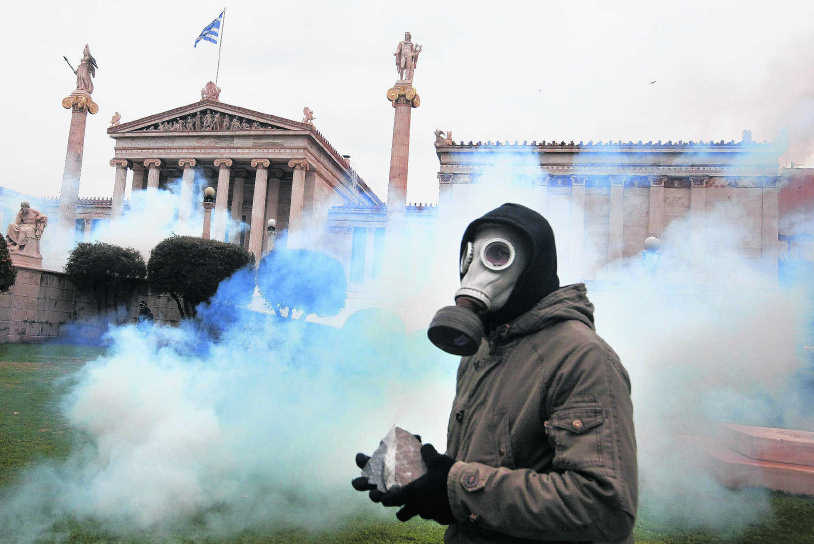
It is from this viewpoint that I critique David Graeber’s contribution. I do not call myself a Marxist, however, because there is also much in Marx’s theories with which I strongly disagree, not to mention my rejection of the theory and practice of most of the post-Marx Marxists. 3 of Black Flame, Schmidt & van der Walt, 2009). This was the opinion of Bakunin and of many anarchists since (see chap. I am a revolutionary anarchist who has concluded that Marx’s critique of political economy is the most useful economic theory for understanding how capitalism works. I am reviewing this book from my own viewpoint. Graeber’s book is not only a history of debt and money, but also involves questions of morality and of possible futures, “ what human society could be like.” “ This book is a history of debt, then, but it also uses that history as a way to ask fundamental questions about what human beings and human society are or could be like” (p. The book was influenced by the Great Recession of 2008 and following, which should have been “ …the beginning of an actual public conversation about the nature of debt, of money, of the financial institutions that have come to hold the fate of nations in their grip” (p. “ My own aims are…to understand the moral grounds of economic life, and by extension, human life…” (p.

He has written, he says, a “ book the history of money, debt, and credit” (2011 p. This is why David Graeber, the anarchist anthropologist, deserves praise for writing a major work on political economy.

In “An Anarchist FAQ,” Iain McKay writes, “… anarchists have, traditionally, been weak on…economics (which is ironic, as Proudhon made his name by his economic critiques)” (2008 p.


 0 kommentar(er)
0 kommentar(er)
